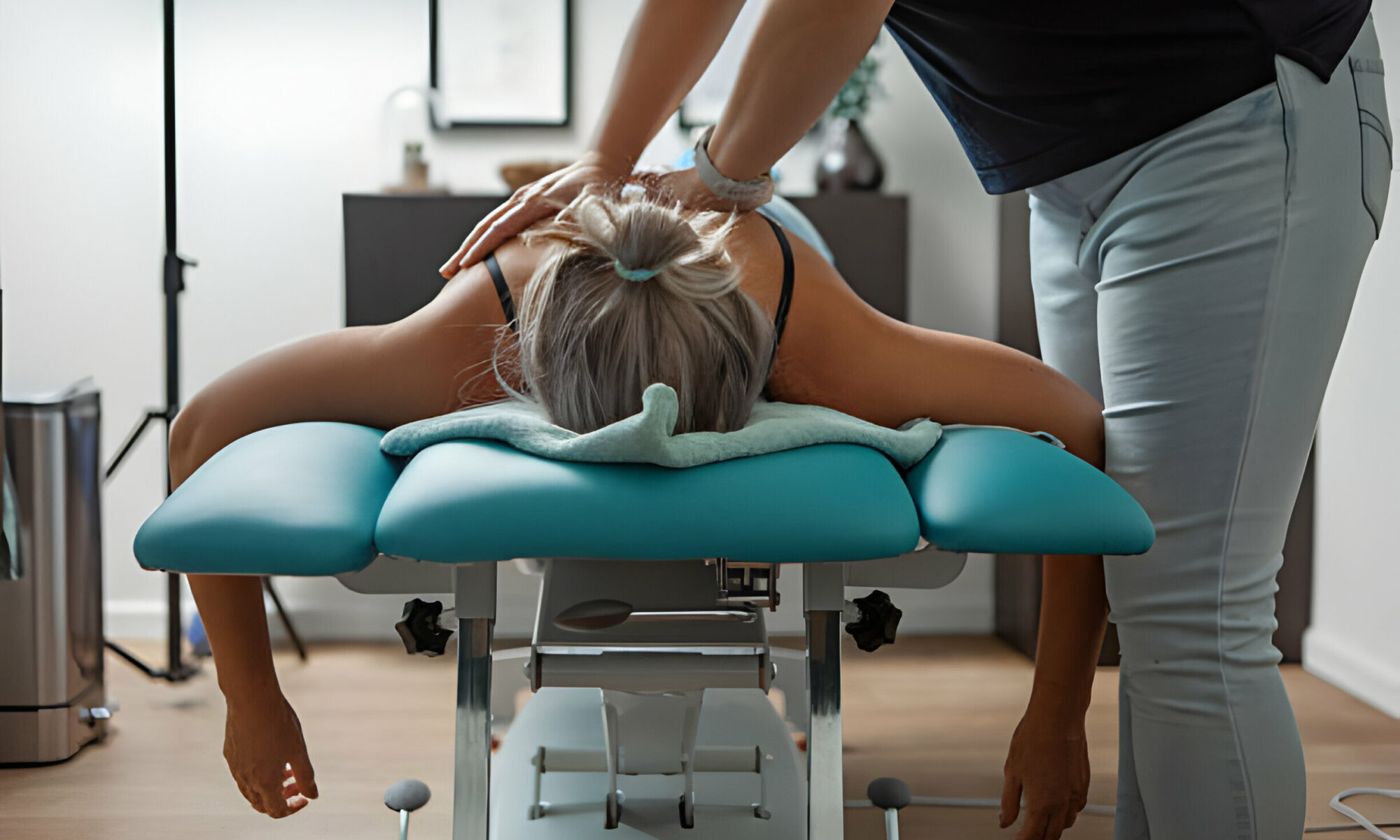When it comes to back pain, a one-size-fits-all approach just doesn’t cut it. That’s why personalised chiropractic care treatment plans are gaining traction as an effective way to address this common ailment. In this blog, we’ll explore the benefits of chiropractic care for back pain and what a typical treatment plan might look like.
Understanding Chiropractic Care
Chiropractic care is a form of healthcare that focuses on diagnosing and treating mechanical disorders of the musculoskeletal system, especially the spine. The premise is that proper alignment of the body’s musculoskeletal structure, particularly the spine, will enable the body to heal itself without surgery or medication.
The Benefits Of Chiropractic Care For Back Pain
Chiropractic care has shown remarkable results in providing relief for back pain. Here’s how it helps:
Enhanced Pain Relief
The most immediate and noticeable benefit of chiropractic care is pain relief. Unlike other treatments that may only offer temporary solutions, chiropractic adjustments target the root cause of pain. Here’s how:
Direct Addressing of Spinal Issues
Chiropractors focus on identifying and correcting spinal misalignments, known as subluxations. These adjustments can alleviate back pain by ensuring proper alignment, which reduces stress on the spinal nerves and muscles.
Holistic Approach to Pain
By considering the body’s structure and function as a whole, chiropractic care goes beyond just treating the symptoms of back pain. It aims to restore the body’s natural ability to heal and maintain itself, leading to more lasting pain relief.
Restoration of Mobility and Flexibility
Chiropractic care excels in restoring mobility, especially in patients who have experienced joint restrictions due to various causes:
Healing After Trauma
For those who have suffered from traumatic events like falls or accidents, chiropractic adjustments can help in rehabilitating injured tissues, thereby restoring mobility and preventing chronic pain.
Counteracting Repetitive Stress
Our daily activities, such as prolonged sitting or repetitive motions, can lead to stiffness and reduced mobility. Chiropractic care effectively addresses these issues, enhancing flexibility and movement.
Reduction in Medication Dependence
A significant advantage of chiropractic care is its ability to reduce reliance on pain medications, which often come with unwanted side effects:
Natural Pain Management
By focusing on natural, non-invasive techniques, chiropractic care reduces the need for medications, offering a safer and often more effective long-term solution to back pain.
Preventive Care
Regular chiropractic adjustments can serve as a form of preventive care, potentially reducing the onset of future back problems and the associated dependence on pain-relieving drugs.
A Typical Chiropractic Treatment Plan
A chiropractic treatment plan for back pain is tailored to the individual’s specific condition and pain levels. Here’s what a typical plan might include:
Initial Assessment
The chiropractor conducts a thorough examination, including medical history, physical examination, and sometimes, diagnostic imaging.
Personalised Treatment Plan
Based on the assessment, the chiropractor devises a treatment plan that may include spinal adjustments, manual therapies, and lifestyle recommendations.
Regular Adjustments
Spinal adjustments are at the heart of chiropractic care. These adjustments involve the use of controlled force to improve the quality and range of motion in the spine.
Complementary Therapies
The plan might also include other therapies like massage, heat and cold therapy, and exercises to complement the adjustments.
Progress Monitoring
The chiropractor will monitor progress and adjust the treatment plan as needed.
Conclusion
Personalised chiropractic care offers a viable and effective option for those suffering from back pain. By focusing on each patient’s individual needs and addressing the pain’s root cause, chiropractors can provide significant relief and improve quality of life. If you’re struggling with back pain, consider consulting a chiropractor to see if a personalised treatment plan is right for you.
Remember, while chiropractic care can be highly beneficial, it’s just one component of a comprehensive approach to back pain management. Always consult with healthcare professionals to understand the best options for your specific situation. If you are looking for a chiropractor in Greenacre, contact Synergy Spine and Health.


